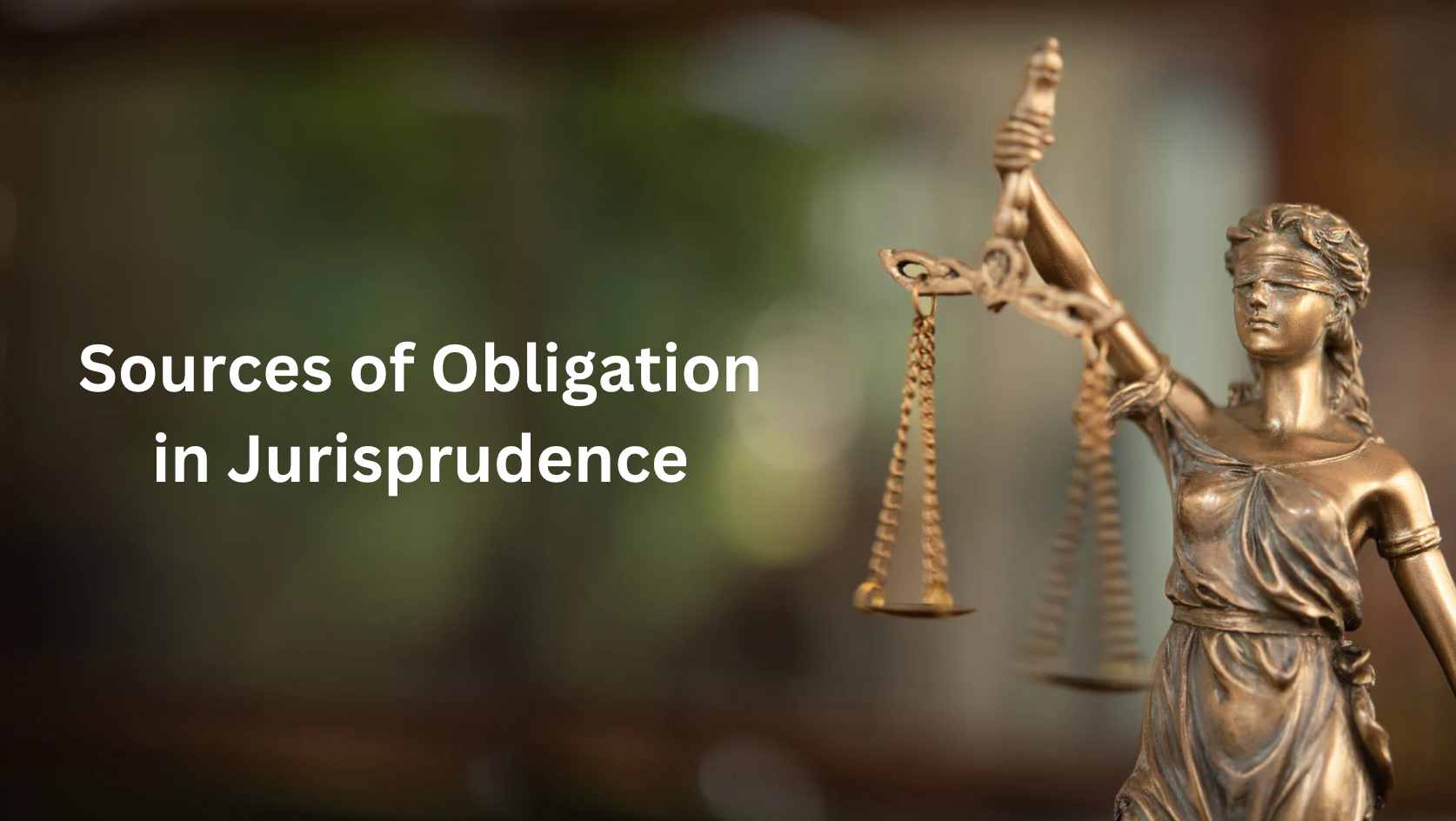The sources of obligations in jurisprudence include contracts (mutual agreements), delicts (civil wrongs), quasi-contracts (unjust enrichment remedies), quasi-delicts (unintentional harm without fault), and statutes (legal mandates). These define enforceable duties, ensuring fairness and order in society through legal frameworks.
Key Takeaways
- Obligations define legal duties and rights, essential for societal interactions and justice.
- They arise from contracts, delicts (civil wrongs), quasi-contracts, quasi-delicts, and statutes.
- Contracts are mutual agreements creating binding obligations between parties.
- Delicts involve wrongful acts leading to harm and liability, differing from contractual breaches.
- Quasi-contracts address situations like unjust enrichment, imposing duties without agreements.
- Quasi-delicts concern unintentional acts causing damage, without negligence or fault.
- Statutory obligations are derived from laws or regulations, ensuring compliance and governance.
Obligations are fundamental to legal systems, establishing the duties and rights that govern individual and societal interactions.
Rooted in jurisprudence, the study of law, these obligations arise from diverse sources such as contracts, delicts, and statutes, creating a structured framework for resolving disputes and ensuring justice.
What Are Obligations?
In legal terms, an obligation is a juridical necessity to give, to do, or not to do something. Obligations are enforceable by law and arise from various sources that define the relationships and duties among individuals or entities.
The law of obligations encompasses the rules governing these relationships and establishes the basis for enforcing rights and responsibilities.
Primary Sources of Obligation
The sources of obligation in jurisprudence are broadly categorized into contracts, delicts, quasi-contracts, quasi-delicts, and other legislative or customary rules.
These classifications are rooted in Roman law but have evolved to accommodate modern legal systems.
Contractual Obligations
A contract is a legally binding agreement between two or more parties, creating mutual rights and duties.
- Nature of Contractual Obligations: These obligations are voluntary and stem from the mutual consent of parties. The terms of a contract specify what each party is obligated to do or refrain from doing.
- Examples: Purchase agreements, employment contracts, and service agreements.
- Enforcement: Breach of a contractual obligation usually results in remedies such as damages or specific performance.
Delictal Obligations
Delicts pertain to obligations arising from wrongful acts that cause harm to another.
- Nature: This category includes civil wrongs, such as negligence or defamation, that lead to liability.
- Distinction from Contracts: Unlike contractual obligations, delicts are imposed by law and are not based on mutual agreement.
- Examples: Personal injury cases, property damage due to negligence, and libel claims.
Quasi-Contractual Obligations
Quasi-contracts arise not from agreements but from situations where one party benefits at the expense of another, creating an obligation to rectify the situation.
Characteristics: These are obligations recognized by law to prevent unjust enrichment.
Examples:
- Negotiorum Gestio: Managing another’s affairs without their consent but in their interest.
- Unjust Enrichment: When one party is unjustly enriched at the expense of another.
- Payment by Mistake: A person who mistakenly pays another is entitled to recover the amount.
Quasi-Delictal Obligations
Quasi-delicts, or “torts without fault,” arise from acts or omissions that result in damage but lack the intentional element of delicts.
- Nature: These include situations where responsibility is imposed by law despite the absence of intent or negligence.
- Examples: Liability of innkeepers for guests’ property, damage caused by falling objects from a building.
Obligations from Legislation and Custom
Certain obligations are derived from statutes or customary practices. These are less common but significant in shaping specific legal duties:
- Legislation: Specific laws may impose obligations, such as tax liabilities or regulatory compliance.
- Customary Law: In some jurisdictions, longstanding practices are recognized as binding obligations.
Classification of Obligations
In addition to their sources, obligations can be classified based on their nature and scope:
#1 Real vs. Personal Obligations
- Real Obligation: Attached to a property, such as a mortgage.
- Personal Obligation: Specific to an individual’s actions, such as delivering goods or performing services.
#2 Positive vs. Negative Obligations
- Positive: An obligation to do something (e.g., provide services).
- Negative: An obligation to refrain from doing something (e.g., non-compete clauses).
#3 Specific vs. Generic Obligations
- Specific: Pertains to a determinate object or act (e.g., delivering a particular car).
- Generic: Relates to items of a class or kind (e.g., delivering any car of a specific make and model)
Significance in Modern Jurisprudence
The study and classification of obligations provide clarity and predictability in legal systems. It allows courts and legal professionals to:
- Resolve Disputes: Understanding the source and nature of obligations aids in adjudicating disputes effectively.
- Draft Clear Contracts: Legal drafting benefits from a nuanced understanding of obligations to minimize ambiguities.
- Promote Justice: By recognizing obligations that prevent unjust enrichment or wrongful harm, the law ensures fairness and equity.
Verdict
Obligations form the backbone of legal systems, influencing how rights and duties are recognized and enforced.
From contracts and delicts to quasi-contracts and statutory mandates, understanding these sources and their classifications enhances the coherence of jurisprudence.
In an interconnected world, the evolving nature of obligations underscores their relevance in achieving justice and maintaining societal harmony.
This foundational knowledge equips individuals and institutions to navigate legal complexities with greater assurance.















